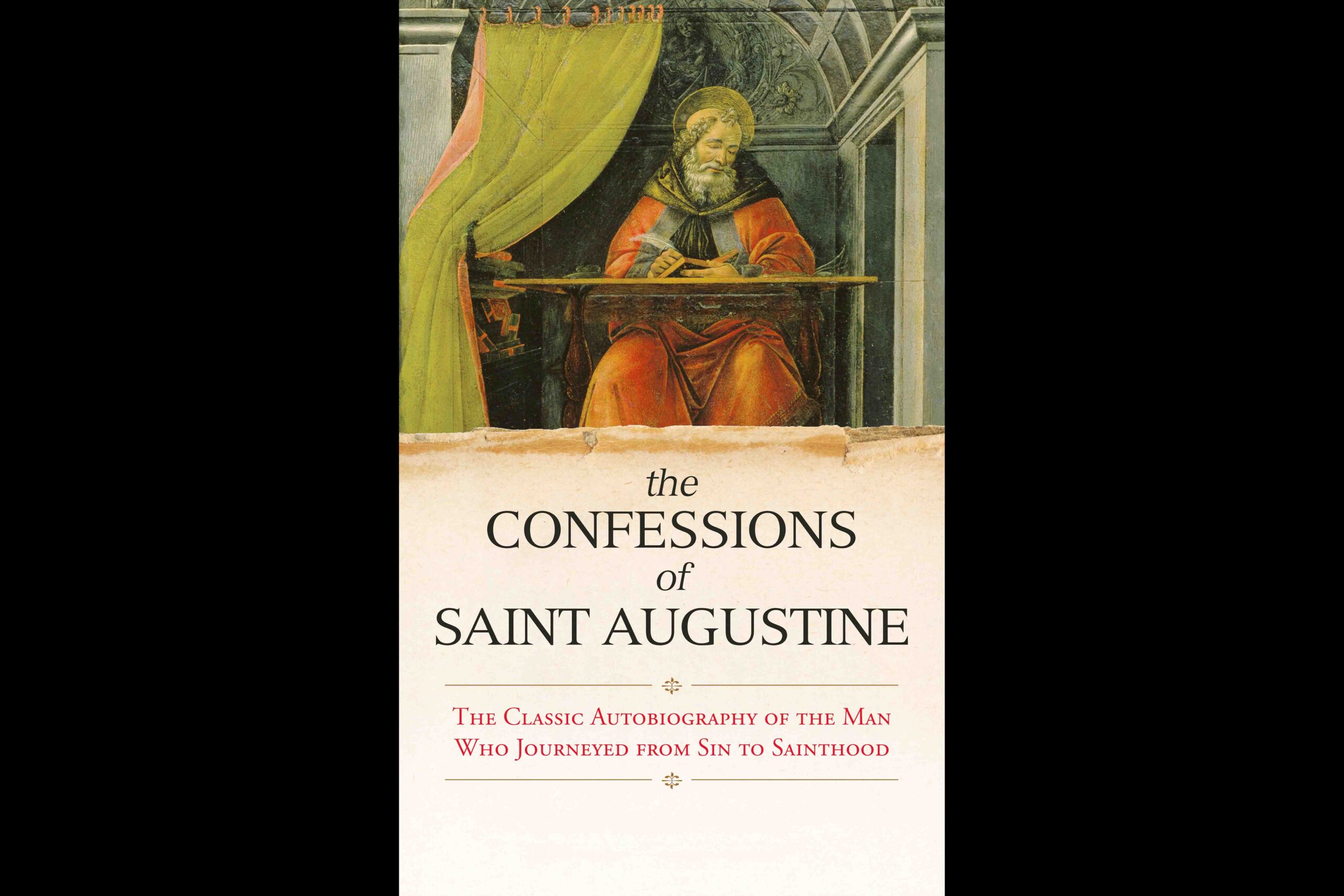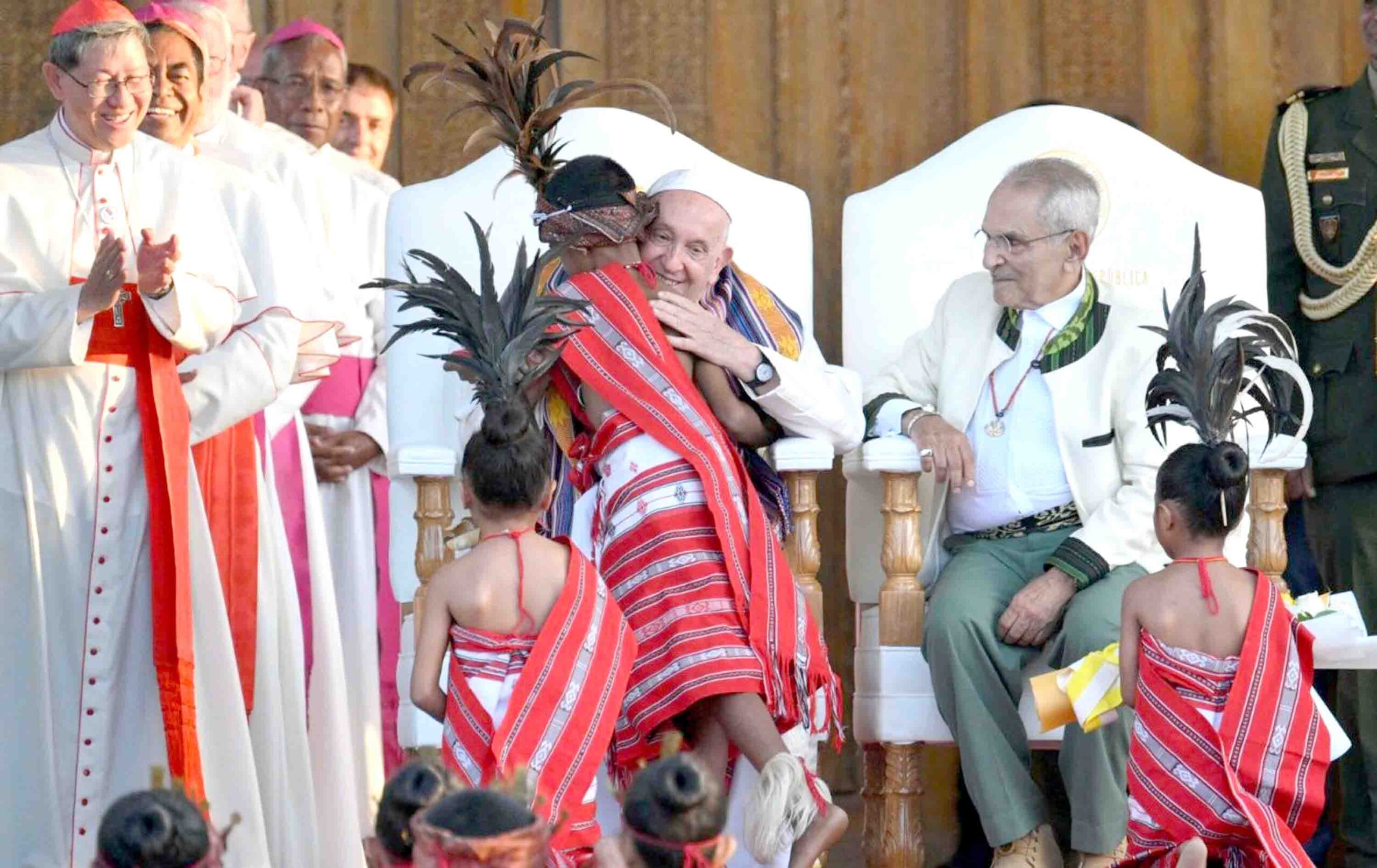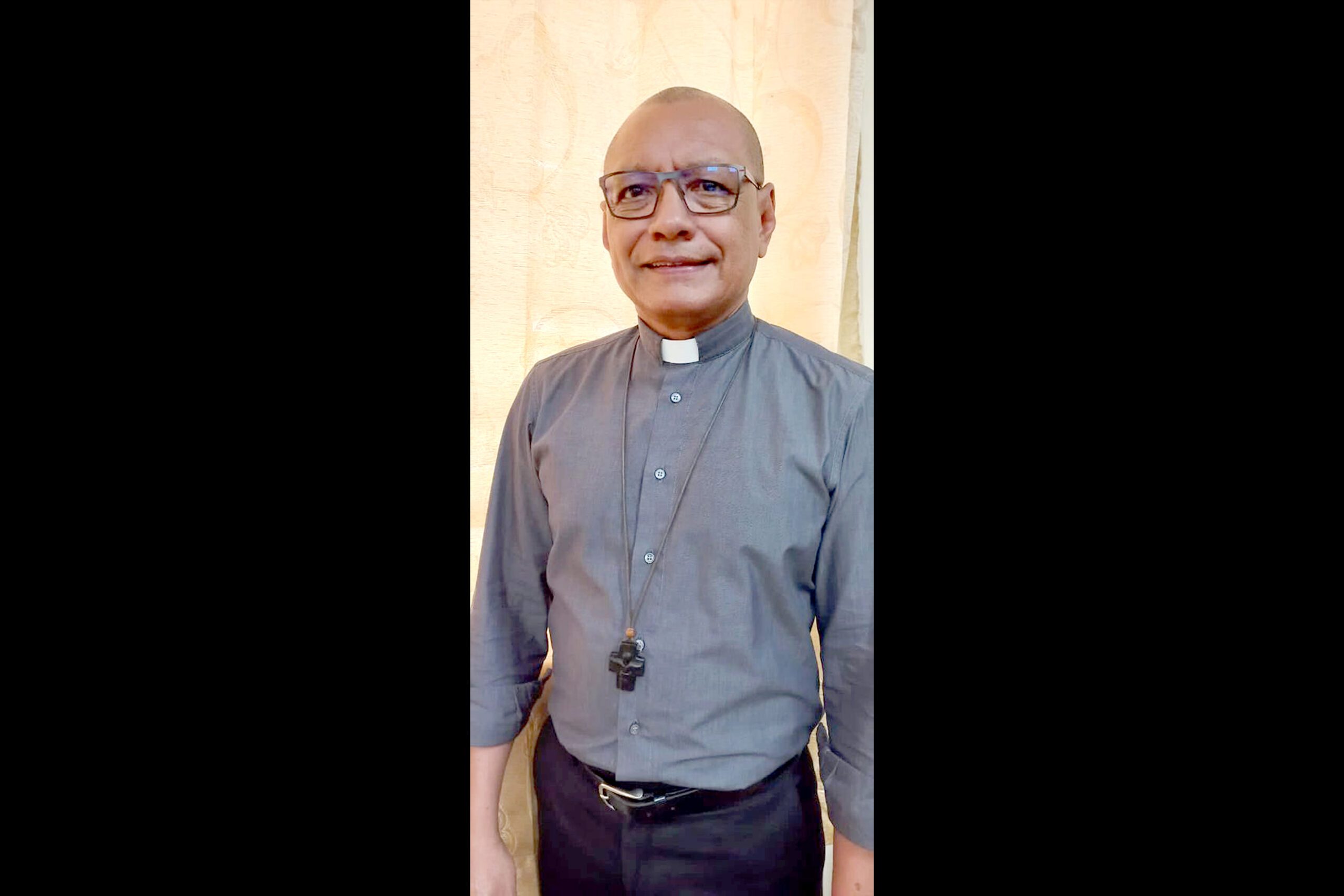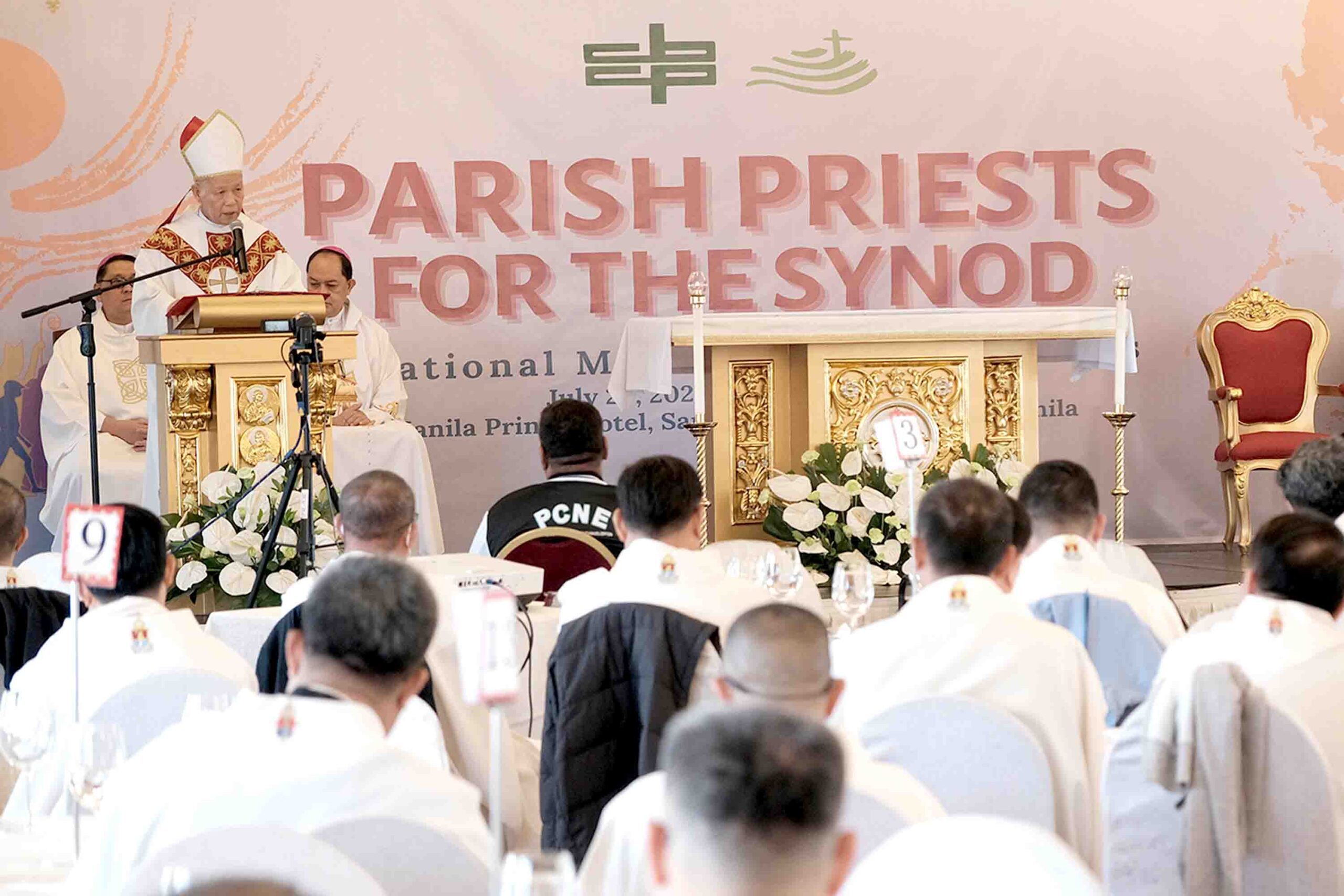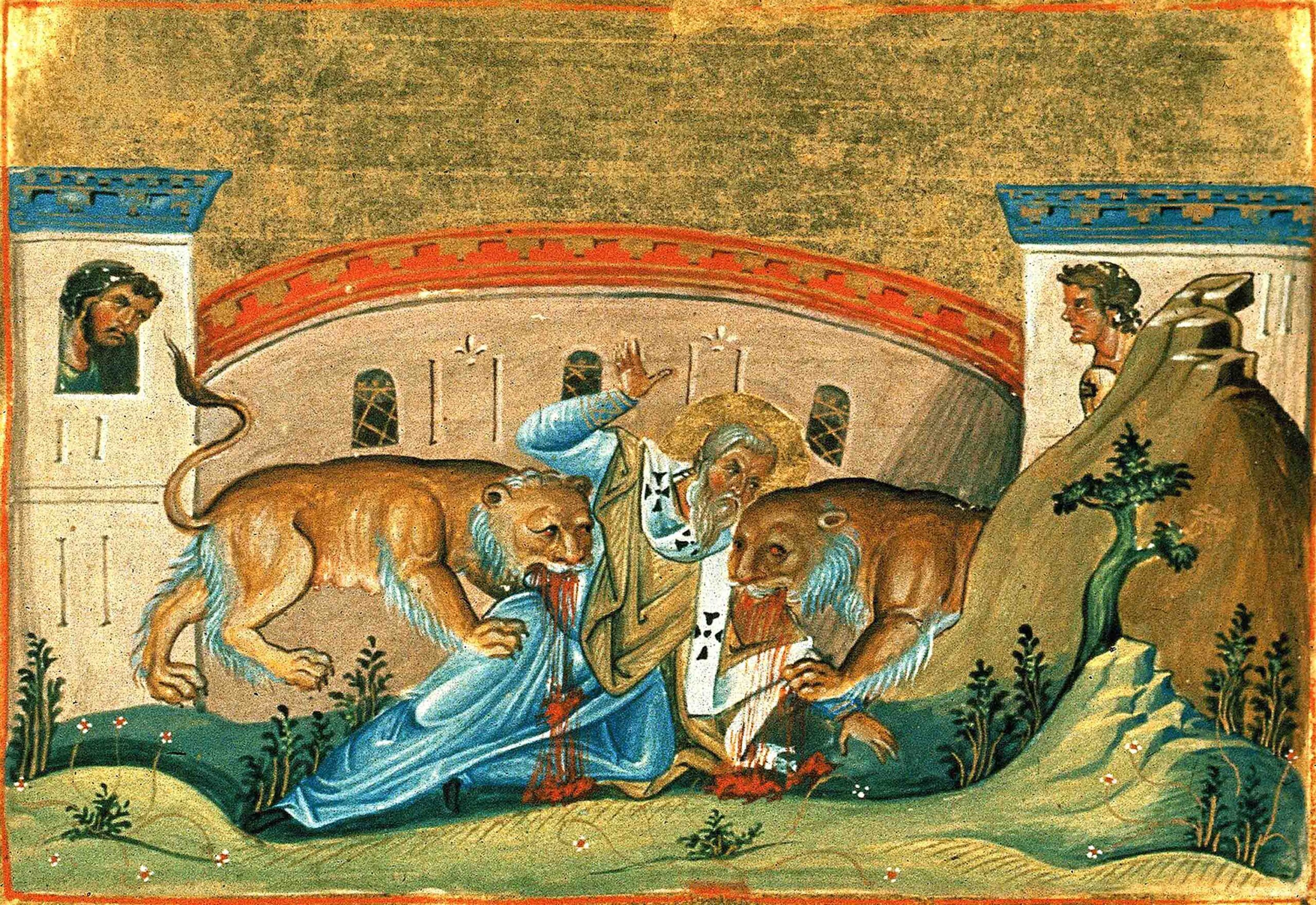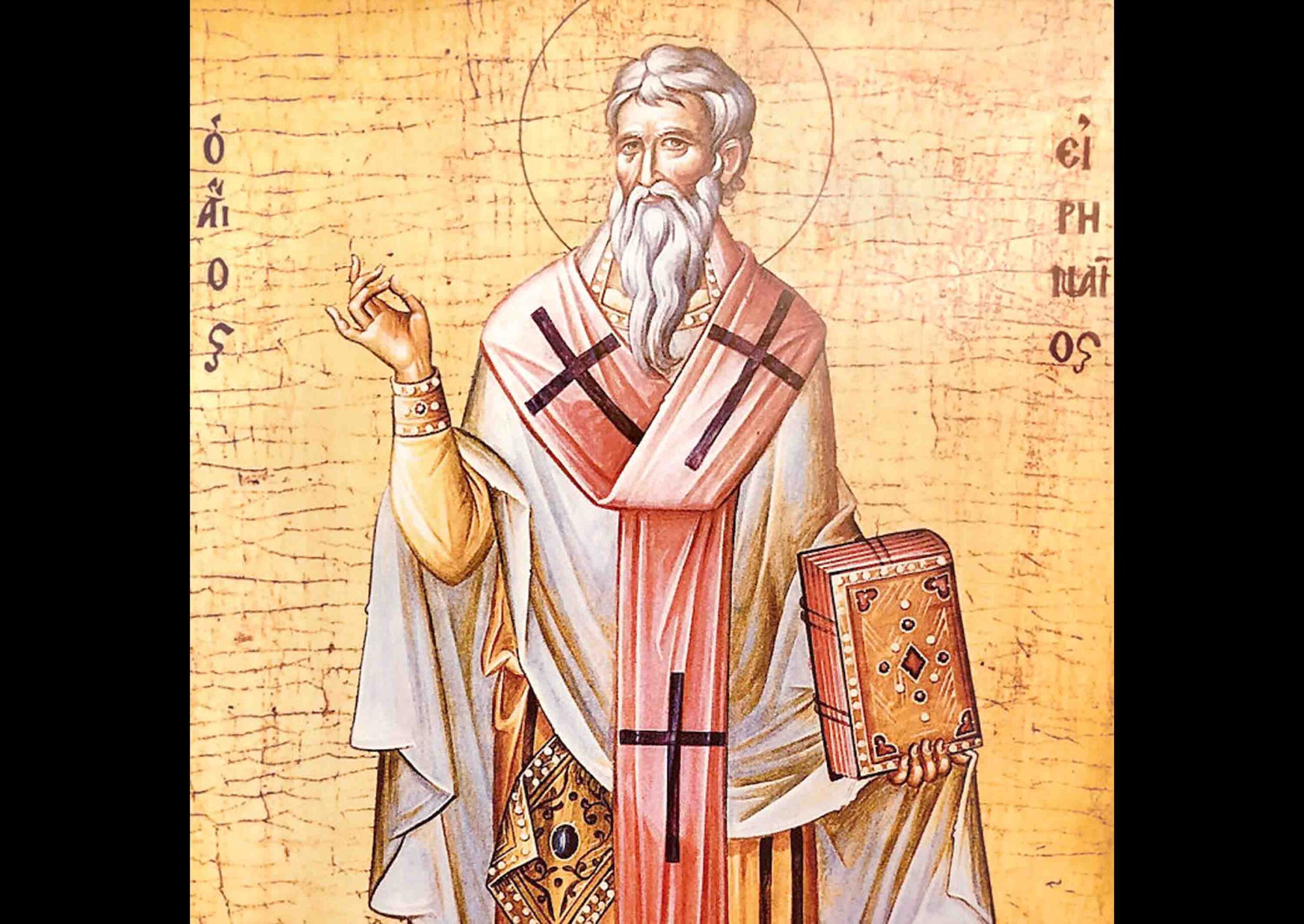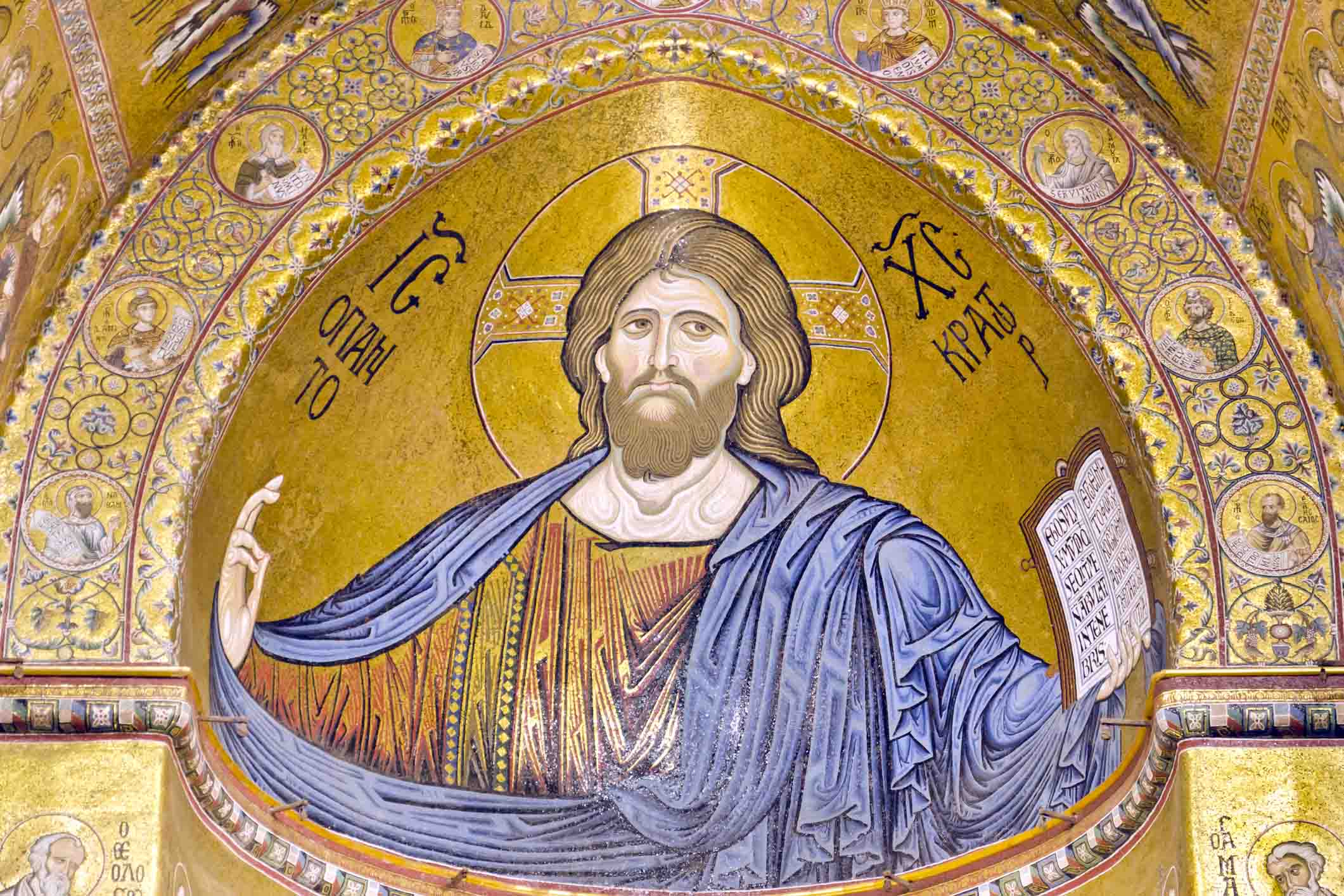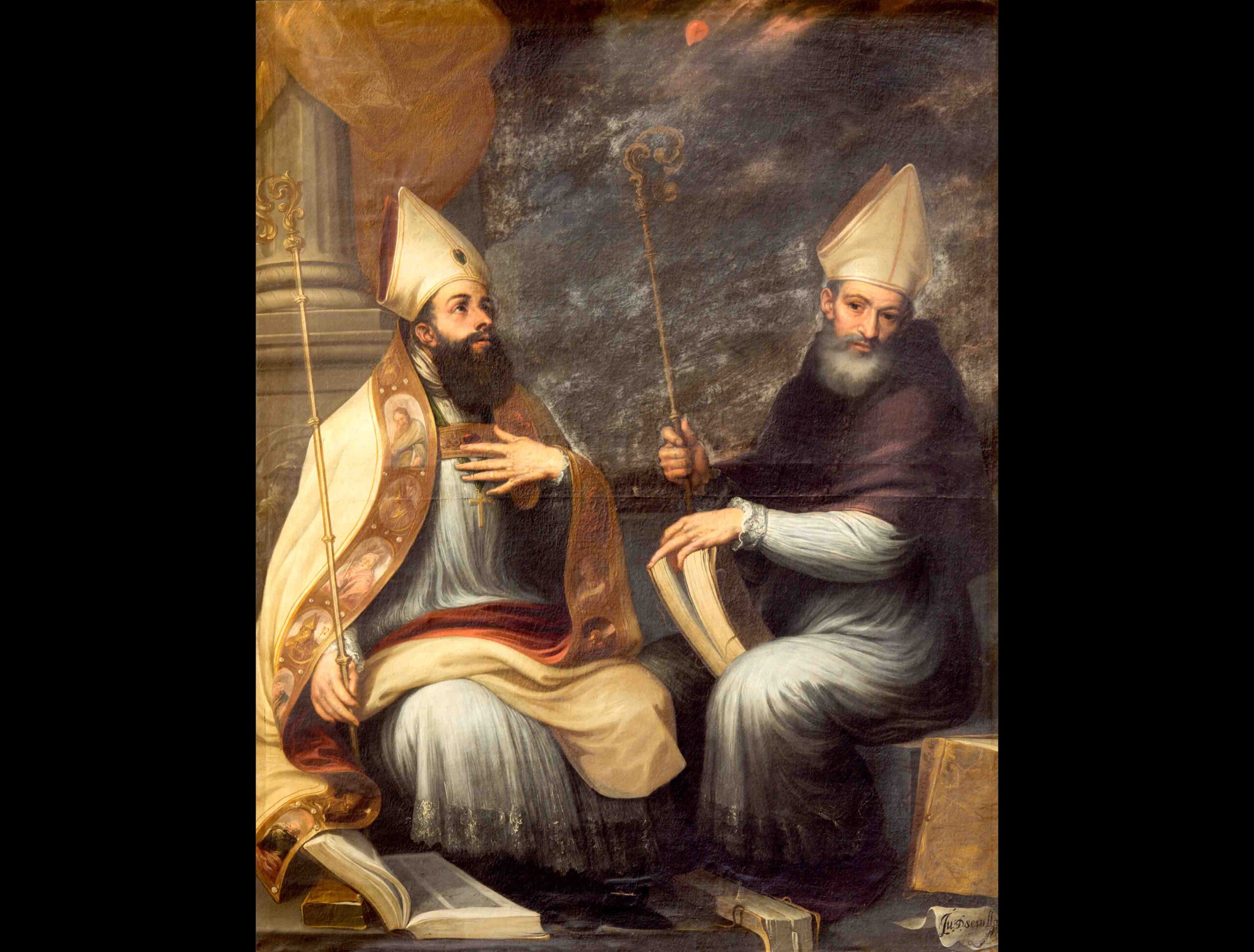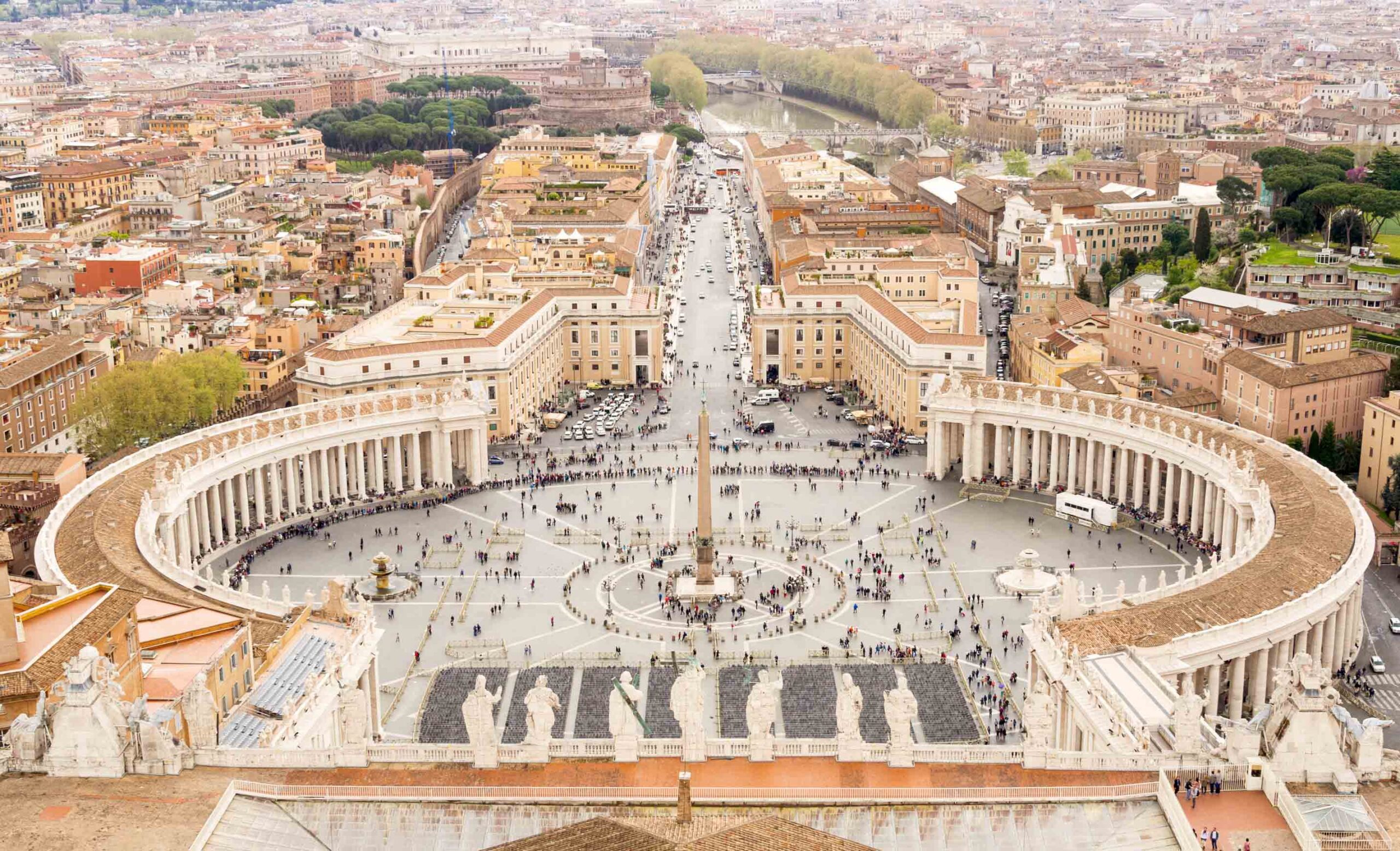Augustine was born in Tagaste, North Africa, in 354 AD. After a dissolute life, he converted, thanks to the prayers of his devout mother Monica, and received baptism at age 33 from Saint Ambrose in Milan. After his conversion, he returned to North Africa and lived a kind of monastic life. Then, he was ordained a priest and bishop of Hippo.
Possibly the most beautiful mind of Christianity, he fought against heretics and wrote many books, the most famous of which are Confessions and The City of God. We also have more than 500 homilies of Augustine. He is considered a founder of monastic life in the West; his rule is observed by some 150 religious communities today. He is one of the four great doctors of the Latin Church. He is called “The Doctor of Grace.” He died in the year 430 AD.
Confessions is a kind of autobiography, but it is very special since Augustine always speaks with God: it is a heart-to-heart conversation that follows the vicissitudes of Augustine’s life. Here, we quote two of the most personal passages about Augustine’s filial relationship with God.
“UNTIL OUR HEART RESTS IN YOU”
This is the beginning of Confessions: “Great are you, O Lord, and greatly to be praised: great is your power, and your wisdom is infinite. And man, who being a part of what you have created, is desirous to praise you; this man, bearing about his own mortality with him, carrying about him a testimony of his own sin; yet this man is desirous to praise you; you so provoke him, that he even delights to praise you.
For you have created us for yourself, and our heart cannot be quieted till it may find repose in you. Grant me, Lord, to know and understand what I ought first to do, whether call upon you, or praise you. And which ought to be first, to know you, or to call upon you? But who can rightly call upon you, that is yet ignorant of you? For such a one may instead of you call upon another.
Or are you rather first called upon, that you may so come to be known? But how then shall they call on him, in whom they have not believed? And how shall they believe without a preacher? And again, they shall praise the Lord that seek after him: for, they that seek shall find; and finding they shall praise him.
You will I seek, O Lord, calling upon you; and I will call upon you, believing in you: for you have been declared unto us. My faith, O Lord, calls upon you, which you have given me, which you have inspired into me; even by the humanity of your Son, and by the ministry of your preacher” (1,1).
“LATE HAVE I LOVED YOU”
The following passage is also considered very beautiful and expressive: “O Truth, you hold sovereign sway over all who turn to you for counsel, and to all of them you respond at the same time, however diverse their pleas. Clear is your response, but not all hear it clearly. They all appeal to you about what they want, but do not always hear what they want to hear. Your best servant is the one who is less intent on hearing from you what accords with his own will, and more on embracing with his will what he has heard from you.
Late have I loved you, Beauty so ancient and so new, late have I loved you! Lo, you were within, but I outside, seeking there for you, and upon the shapely things you have made I rushed headlong – I, misshapen. You were with me, but I was not with you. They held me back far from you, those things which would have no being, were they not in you.
You called, shouted, broke through my deafness; you flared, blazed, banished my blindness; you lavished your fragrance, I gasped; and now I pant for you; I tasted you, and now I hunger and thirst; you touched me, and I burned for your peace” (10,26).
THANKSGIVING AND PENANCE
Augustine’s Confessions recount the story of his life with immense persuasiveness. They make Augustine a modern author because he himself, with his inner problems, anguish, doubts, discoveries, and joys, is a champion of subjectivity. His whole psychology is seen in the light of God, with its struggles to understand and ecstasies of discovery. The book is an outpouring of thanksgiving and penance.
Although written as an account of his life, the Confessions also discuss the nature of time, causality, free will, and other important philosophical topics. His distinctive theological style shaped Latin Christianity in a way only surpassed by Scripture itself.

